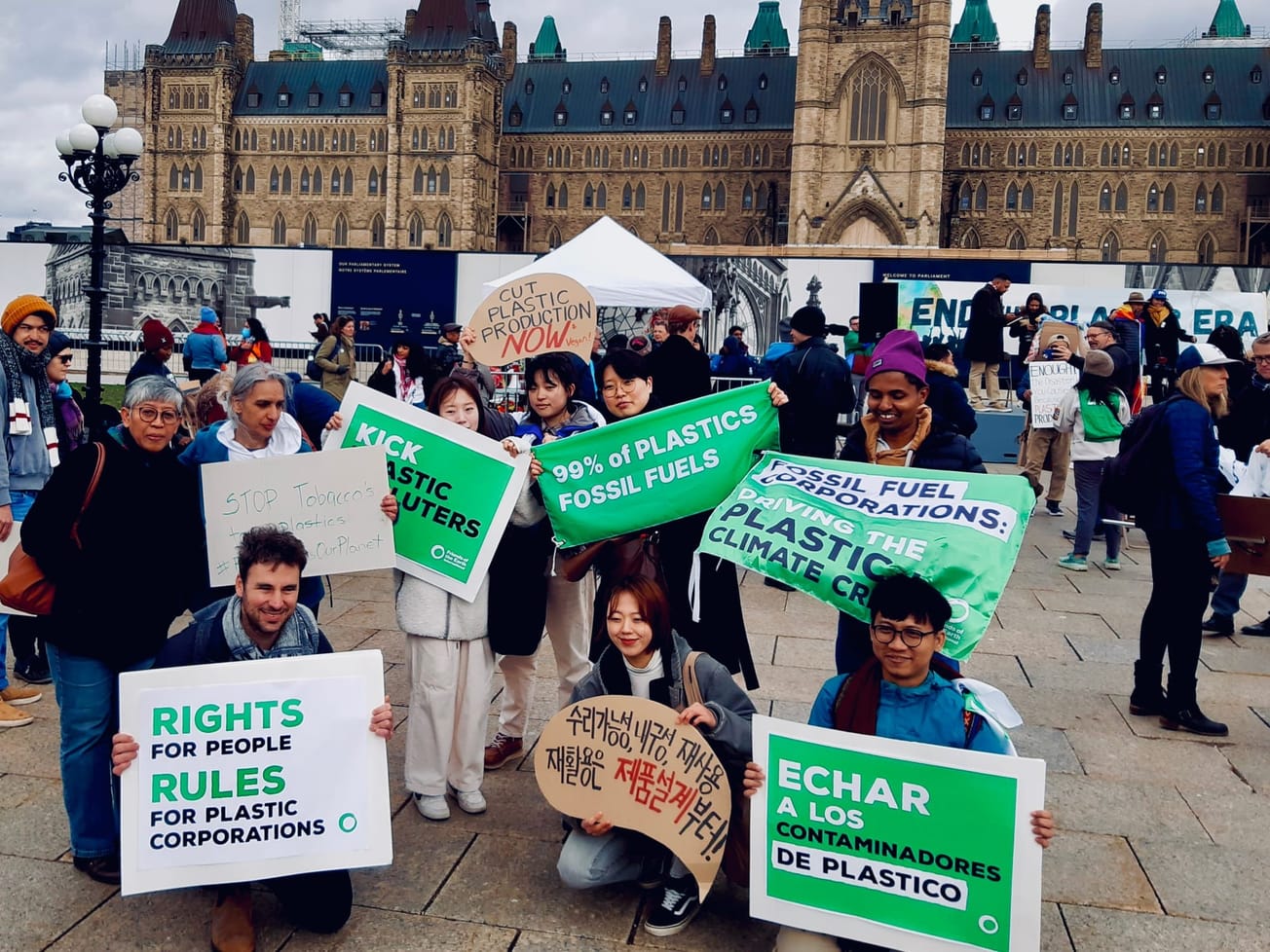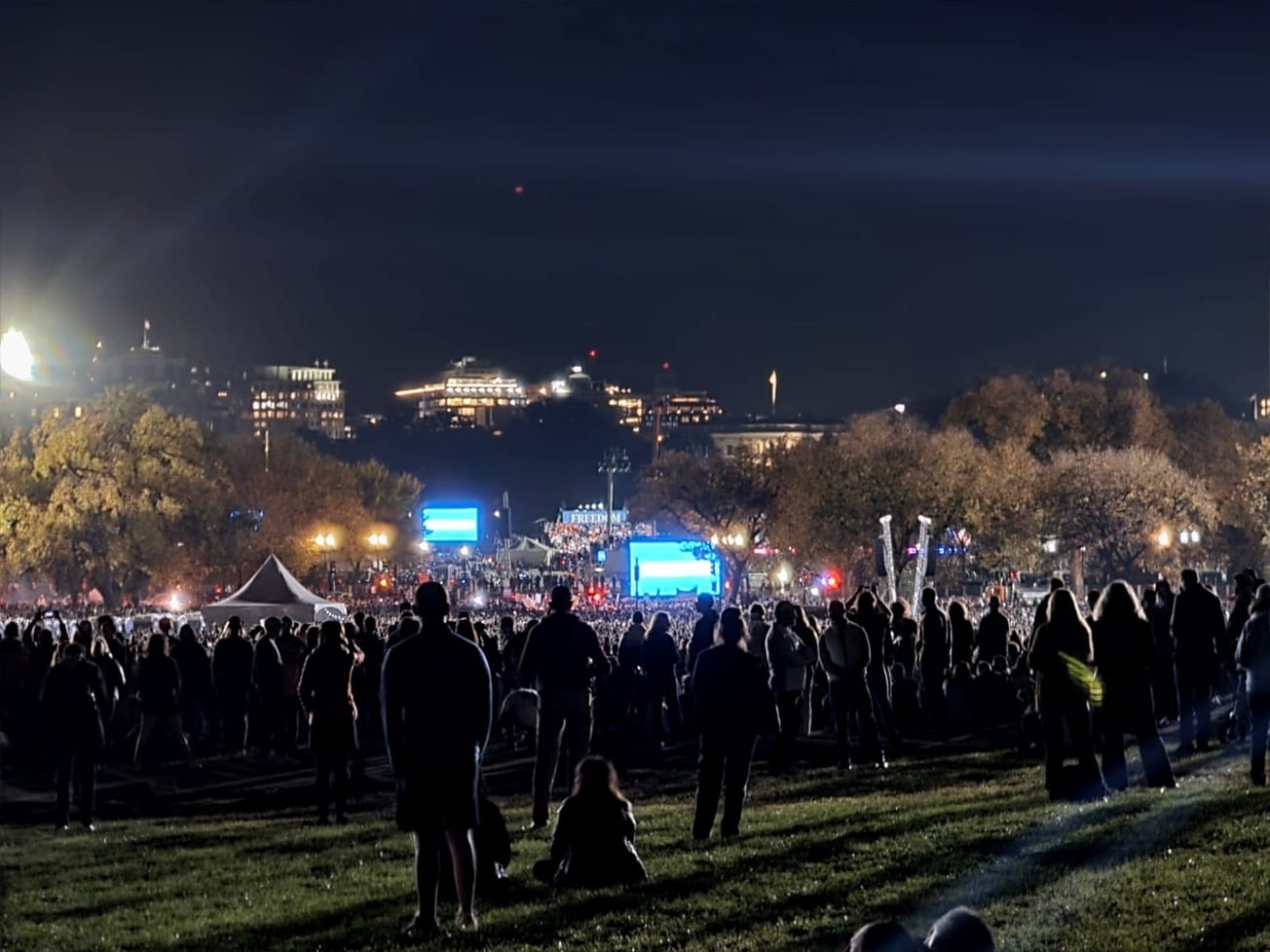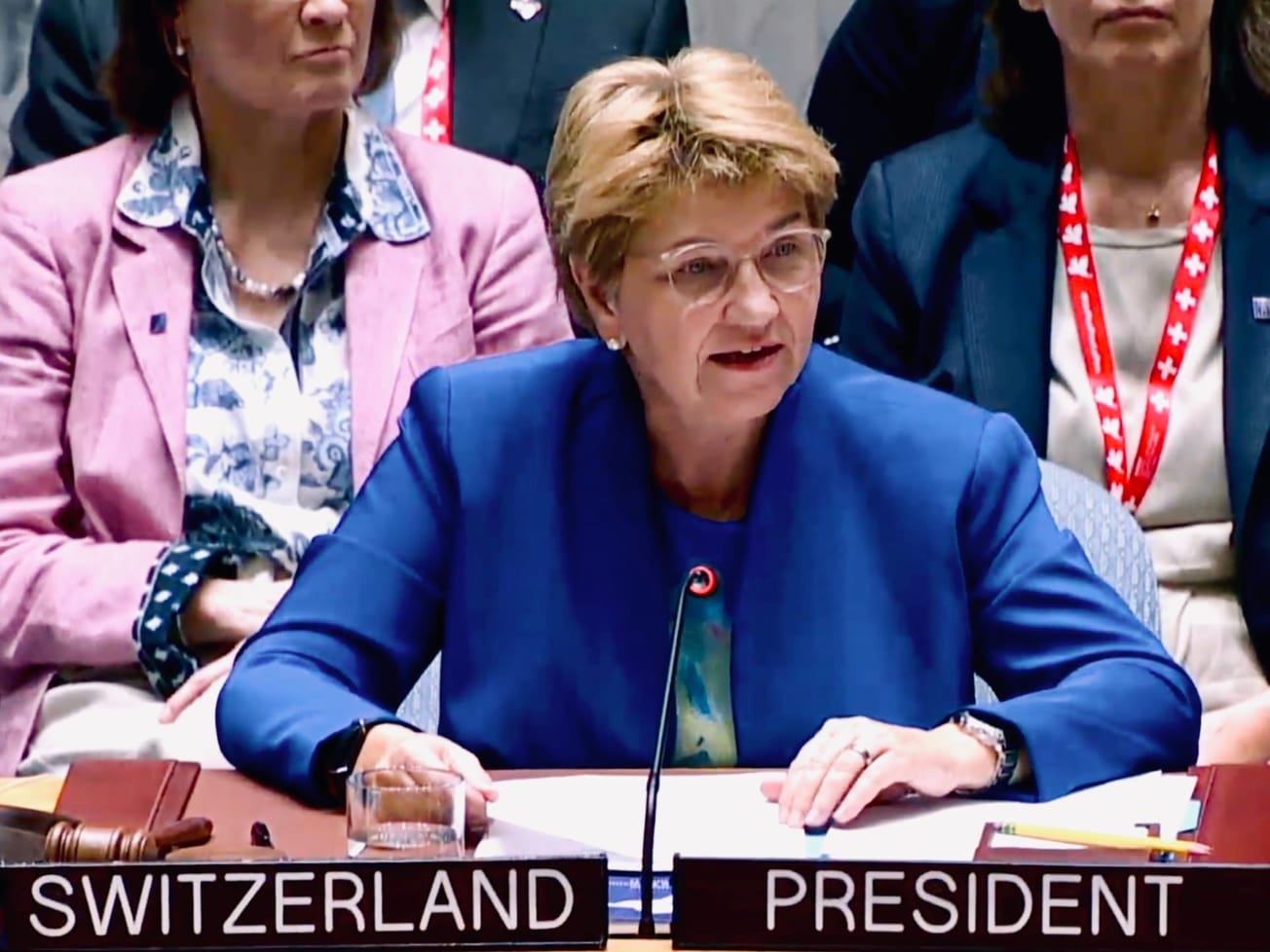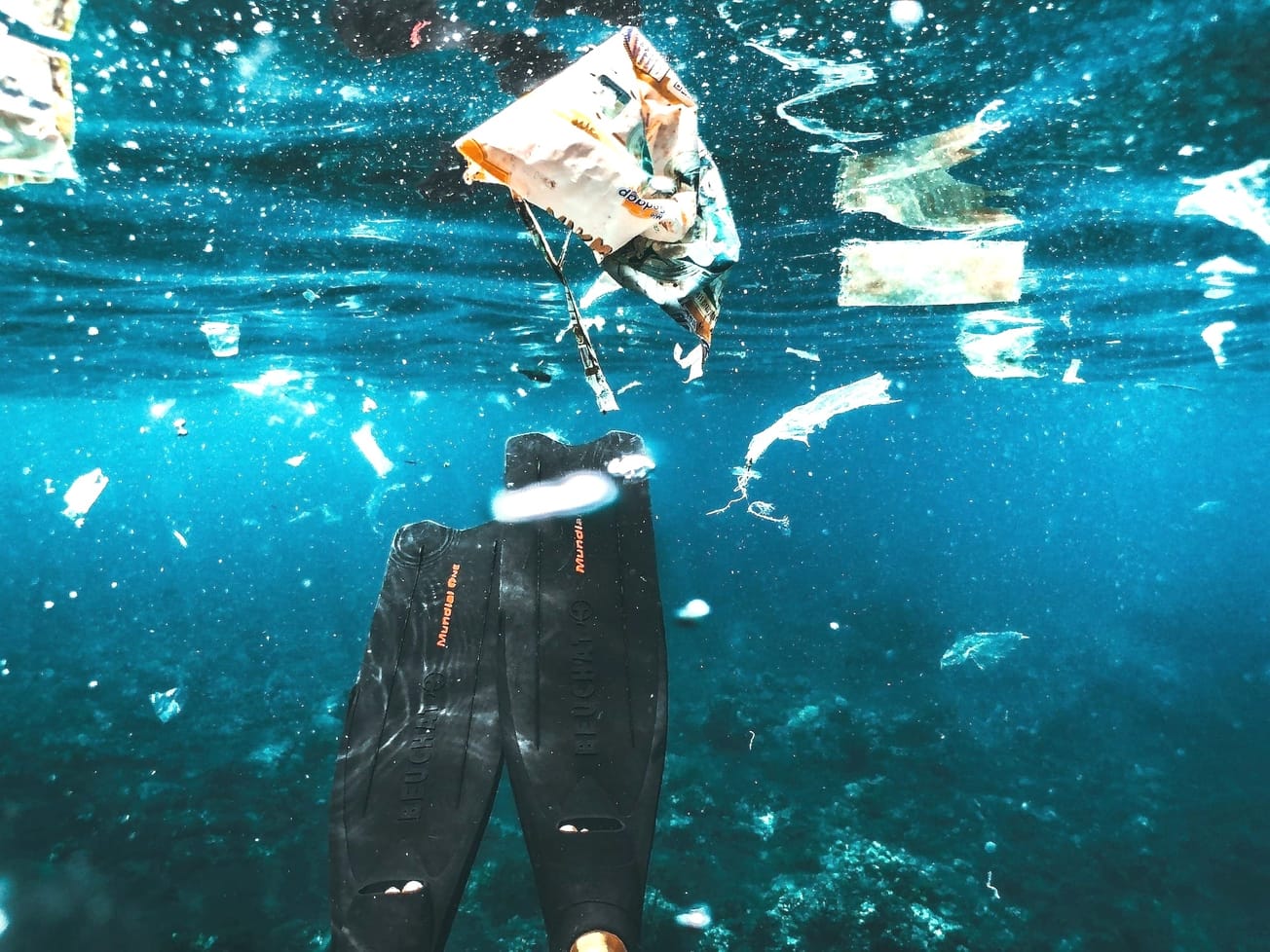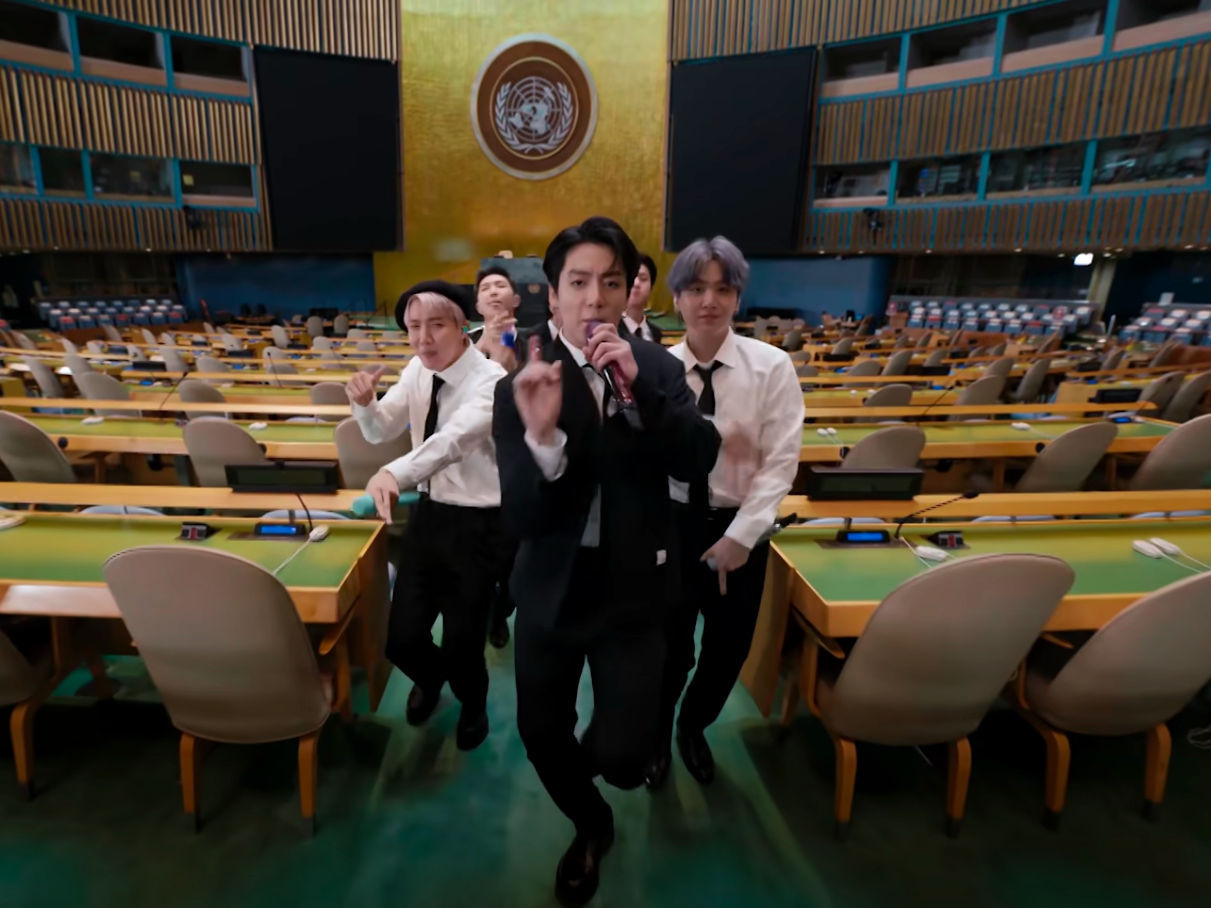OTTAWA, Canada – At the fourth round of Global Plastics Treaty talks, I arranged for a large group of environmental advocates to give away "plastic" cookies outside the convention center. Some of the questions we got drove home why we did it.
Two business delegates asked - sarcastically or not, I couldn't tell - if they could actually eat the cookie, or if it was plastic. "Technically, you're already doing that every week," I replied.

